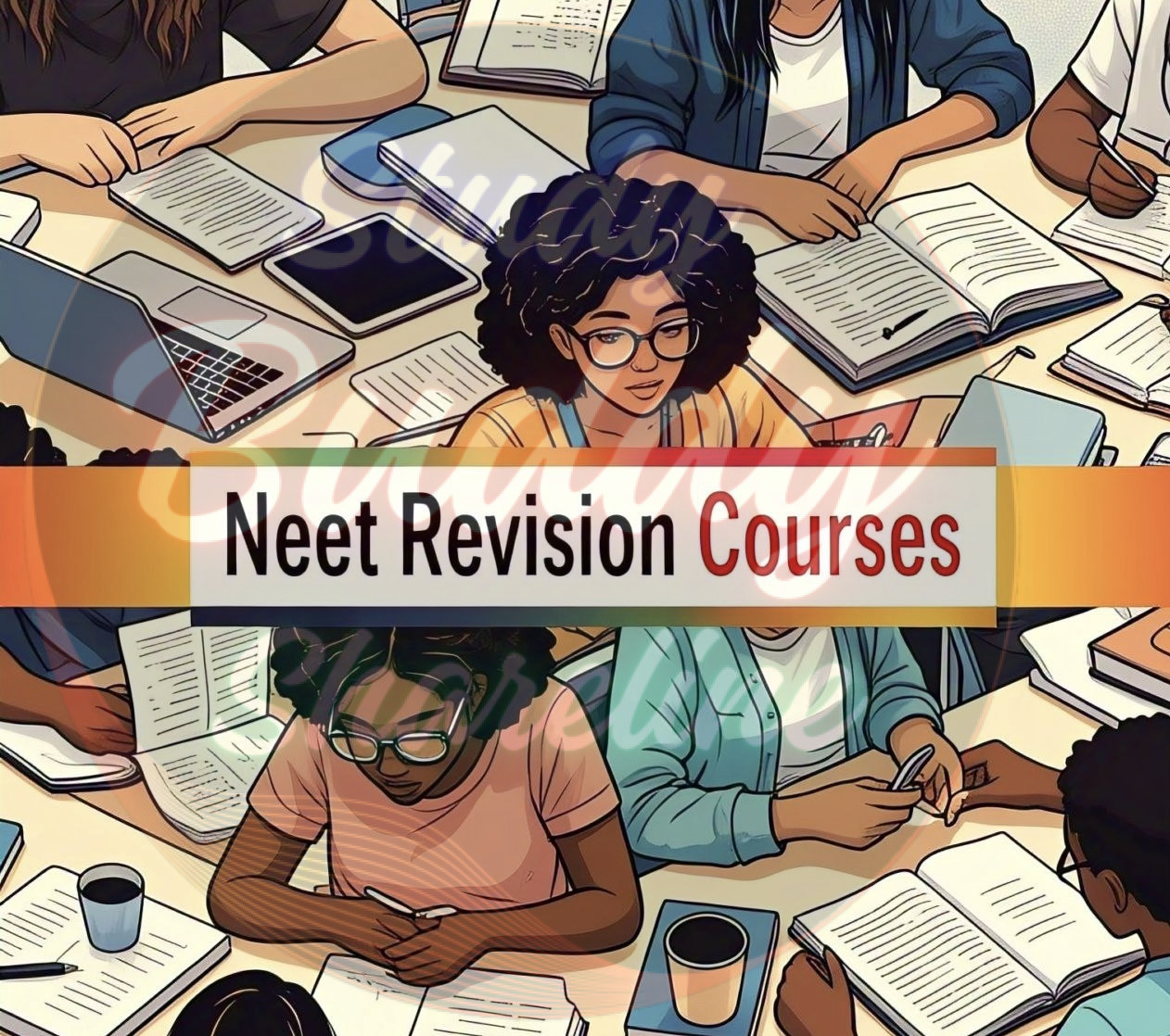
![]()

10 Things Toppers Do 1–2 Months Before Exams to Ensure Success
With exams approaching, students often wonder what sets toppers apart. While hard work is essential, toppers don’t just study more; they study smarter. Their success comes from using well-planned strategies inspired by research-backed books and tools that enhance learning.
If you’re preparing for NEET, Boards, CUET, or other competitive exams, adopting these strategic habits can transform your performance in just one or two months!
1. Smart Revision Strategies Inspired by Strategic Books
Toppers know that passive reading is not enough. They apply techniques found in books like:
- “Make It Stick” by Peter C. Brown – emphasizes active recall and spaced repetition.
- “Atomic Habits” by James Clear – helps in developing consistent daily study habits.
They revise by recalling topics from memory instead of rereading, spacing out their revision to avoid last-minute cramming, and using Study Buddy Shareline’s short and detailed notes to focus on essential topics.
A great tip is to use mind maps and concise notes instead of lengthy paragraphs for faster recall.
2. Solving Previous Year Papers and Timed Practice Tests
Toppers treat previous years’ papers as a blueprint to success. Inspired by exam-prep techniques from “How to Become a Straight‑A Student” by Cal Newport, they analyze question trends, solve papers in exam-like conditions to improve speed, and compare their performance with unit-wise and full-length tests like those available on Study Buddy Shareline.
Reviewing mistakes immediately and noting weak concepts for targeted revision is one of the best ways to improve.
3. Well-Structured 2‑Month Study Plan
Toppers don’t waste time deciding what to study each day. Instead, they follow a well-defined roadmap.
- First Month: Conceptual clarity, practice MCQs, and strengthening weak areas.
- Second Month: Mock tests, time-bound problem-solving, and rapid revision of notes and flashcards.
A topper’s mantra is simple – plan like a strategist, study like a warrior!
4. Self-Testing and Error Analysis
Instead of solving questions blindly, toppers take a scientific approach to testing. They self-test daily, a proven method from “The Learning Brain” by Torkel Klingberg, track their mistakes, and use Study Buddy Shareline’s topic-wise MCQs for targeted self-assessment.
Their success formula is simple: Test → Identify Mistakes → Fix Weaknesses → Retest.
5. Concept Clarity Over Rote Learning
Toppers never rely on memorization alone. They use:
- The Feynman Technique – explaining concepts in simple terms to check understanding.
- Visualization and Diagrams – making complex topics easier to grasp.
- Audio-based learning – Study Buddy Shareline’s audio explanations to reinforce concepts even when not actively studying.
Research shows that explaining a topic out loud boosts retention by 50%. Try it!
6. A Balanced Sleep and Health Routine
A sharp mind needs proper rest and nutrition. Toppers ensure:
- Seven hours of sleep to improve memory and focus.
- Brain-boosting foods like nuts, dark chocolate, omega-3s, and green vegetables.
- Physical activity, as even a ten-minute walk can increase focus by 20%.
Instead of studying late at night, they study early in the morning when the brain retains information better.
7. Flashcards and Mnemonics for Quick Recall
Toppers rely on flashcards and mnemonics to remember formulas and key facts. They create flashcards for formulas, dates, and reactions, use mnemonics to simplify complex topics, and rely on topic-wise notes from Study Buddy Shareline to save revision time.
Creating visual mnemonics makes facts stick longer and makes revision easier.
8. A Resilient and Positive Mindset
Toppers use affirmations and growth mindset techniques from books like “Grit” by Angela Duckworth to overcome self-doubt and exam anxiety, stay motivated despite challenges, and focus on improvement rather than perfection.
A strong mindset combined with consistent effort leads to success.
9. Eliminating Distractions and Staying Focused
Toppers use focus-enhancing techniques from books like “Deep Work” by Cal Newport. They minimize social media, gaming, and notifications, use focus apps or the Pomodoro technique (25 minutes study + 5 minutes break), and stick to dedicated study hours with zero interruptions.
If it doesn’t help in succeeding in exams, it’s a distraction.
10. Taking Full-Length Mock Tests and Training Like It’s the Real Exam
The best way to prepare for an exam is to simulate it. Toppers attempt full-length tests with a timer, analyze mistakes, track progress, and use Study Buddy Shareline’s chapter-wise and unit-wise tests to refine their approach.
Instead of fearing exams, they prepare for them like champions!
Final Thoughts
Toppers aren’t born with extraordinary intelligence—they follow extraordinary study habits.
Key Takeaways:
- Study smart using scientifically proven strategies from top study books.
- Use self-testing and error analysis to improve daily.
- Focus on conceptual clarity rather than rote learning.
- Maintain a strong mindset and disciplined routine.
Now, it’s your turn! Start implementing these strategies and see the difference in your performance.
Which of these habits are you going to apply first? Let us know!



0 Comments